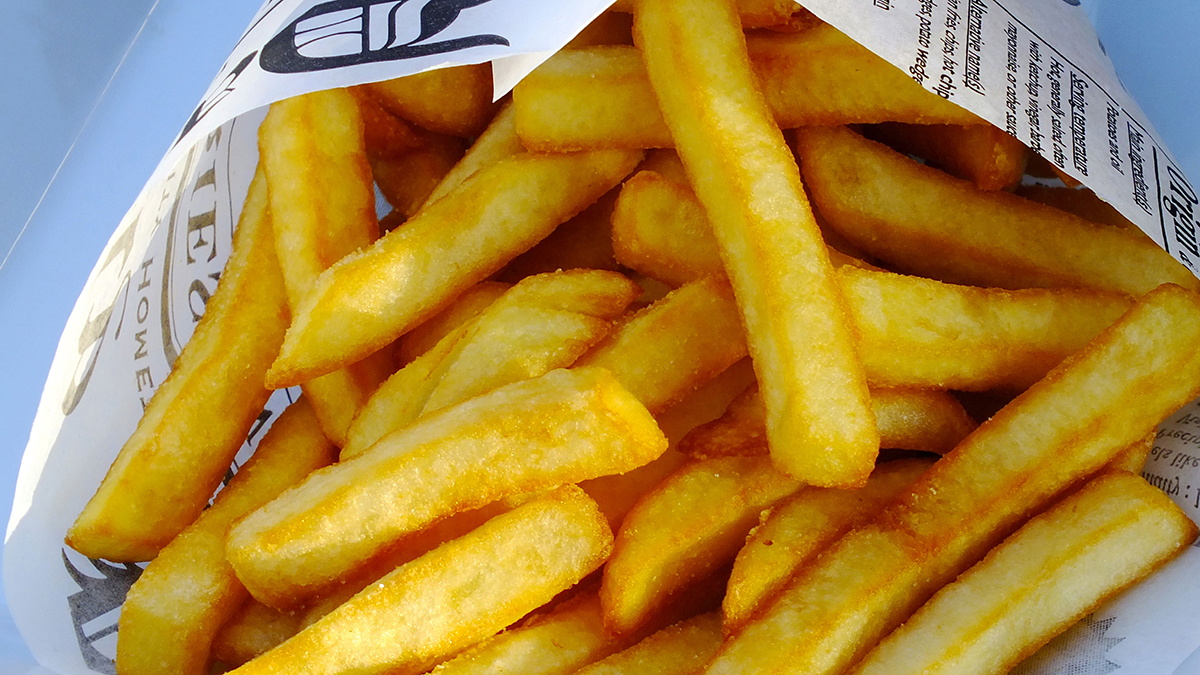Alcohol sales spiked 55 percent in late March when stay-at-home orders were first enacted. News4’s Doreen Gentzler reports the anxiety and isolation associated with our new quarantined lifestyle may contribute to increased alcohol usage.
A new digital tracking tool on the National Institute on Alcohol Abuse and Alcoholism (NIAAA) website helps make people aware of potentially dangerous drinking habits while in quarantine.
Alcohol sales spiked 55 percent in late March when stay-at-home orders were first enacted. The anxiety and isolation associated with our new quarantined lifestyle may contribute to increased alcohol usage.
“I think people just say, 'Well, what’s there to do? We’re in quarantine,'" said New York City-based licensed clinical psychologist Dr. Sanam Hafeez. “It’s kind of like a forced vacation – might as well have a drink. And before you know it, it's not just a drink; it's a couple of drinks.”
A new study by Alcohol.org shows one in three people admitted to drinking more alcohol in isolation. Virginia leads the country with half of the people surveyed admitting to drinking more alcohol in isolation.
Dr. George Koob is the director of NIAAA and says it’s important to look for warning signs to determine if you’re developing an addiction to alcohol.
“Your social interactions suffer. You notice you’re starting to become late to your morning meeting. You don’t feel good when you’re not drinking,” Koob said. “That’s a pretty good sign you’re starting to develop a form of dependence."
He also said people who are relying on alcohol as a coping mechanism could build up a tolerance and increase their risk of becoming an alcoholic.
“When the alcohol wears off, those negative emotions come back with force, and they can drive even further drinking,” Koob said.
There is an online quiz you can take to evaluate symptoms of alcohol abuse.
Hafeez suggests structuring your day in a way that does not leave any room for drinking, whether that includes filling your day with Zoom exercise or cooking classes or connecting with family members by phone, and things that make you feel like you accomplished something.
Increased drinking can also suppress your body’s immune system, impacting your body’s ability to fight off infections like the coronavirus.



